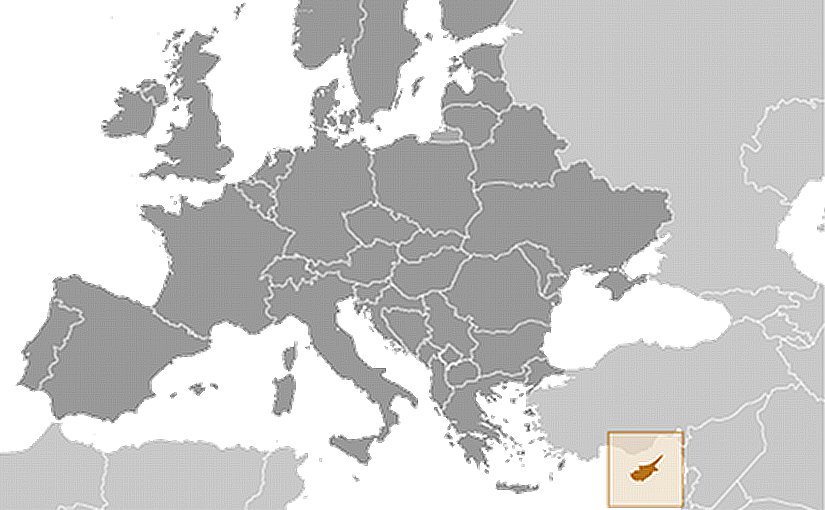
During a recent visit to Northern Cyprus, the writer stayed at the Guest House of the Middle East Technical University (METU) Northern Cyprus Campus. His goal was to provide a snapshot of local life, energy, and power infrastructure based on his limited observations.
The writer examined the region’s electricity generation facilities, such as the Teknecik Thermal Power Plant near Kyrenia, which operates 2×60 MWe oil-fired units and new diesel generators for peak loads. The Northern Cyprus Electricity Authority, KIBTEK, plans to expand capacity with additional generators and explore renewable energy options like solar and wind.
Currently, power in Northern Cyprus is primarily generated at three main fuel oil-burning stations: Teknecik, Dikmen, and Kalecik, with a total capacity of 346.3 MW. However, the use of renewable energy is expanding. Despite this, emissions from existing power plants pose significant environmental challenges, necessitating urgent upgrades to reduce dust pollution. The writer suggested the consideration of small-scale barge-mounted nuclear power plants for future energy needs and emphasized the importance of nuclear engineering education at METU.
The writer also noted the challenges faced by regions like Guzelyurt/Morphou, which suffer from severe droughts and reliance on limited water sources. Additionally, he observed the mixed emotions of locals visiting their former homes across the border, highlighting the shared cultural and historical ties between communities in the North and South.
The influx of unskilled labor, primarily from mainland Turkey, was identified as a significant issue for Northern Cyprus’s economy and social structure. Conversely, the presence of multiple pensions for retirees was seen as an unsustainable practice needing reform.
Key economic activities in Northern Cyprus include villa construction, casinos, and universities, with the construction boom slowing due to global economic conditions.
The Varosha/Marash area near Famagusta was recommended for redevelopment into an industrial fairground, as its current state holds no practical value.
METU Northern Cyprus was highlighted for its robust educational programs and facilities, seen as crucial for boosting local industrial output and economic growth. The university’s International Relations Department provides practical education opportunities amidst the ongoing political situation.
The writer concluded that Northern Cyprus should focus on its strengths and ignore unproductive negotiations with the South, which relies heavily on external support. The British community in Northern Cyprus was viewed as a valuable asset, contributing positively to local society with their frugal lifestyle and intellectual resources.
Investment in education, particularly higher education, was identified as a key driver for societal development, with a call for comments and feedback on these observations.
